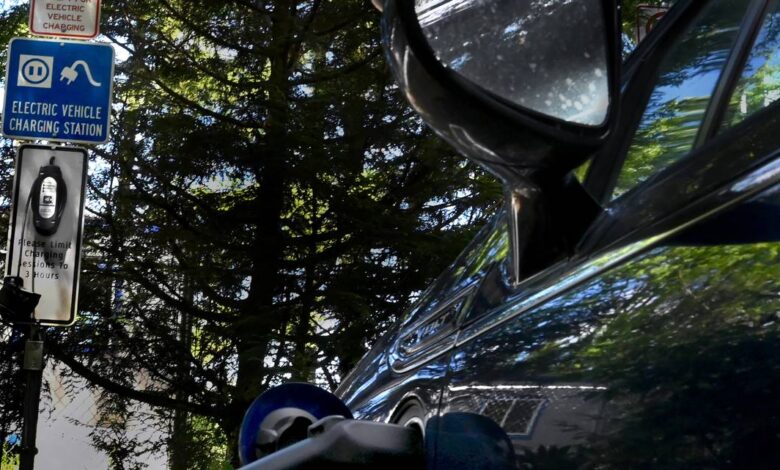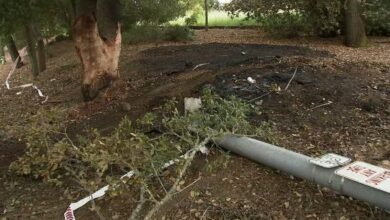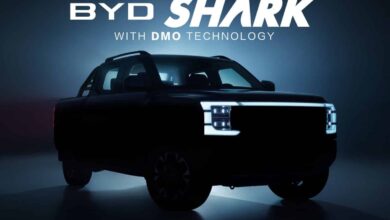Lacey council sets EV electric vehicle charging station prices

The Lacey City Council has agreed on a structured pricing policy for 12 electric vehicle charging stations going online in the city by the end of 2024. It will include two EV vehicle charging stations currently in use at City Hall will be included.
The Olympian
Electric vehicle owners will have to pay to use the 12 new EV charging stations going online in Lacey by the end of the year.
The Lacey City Council agreed on Tuesday to set the rates at 19 cents per kilowatt for Level-2 stations and 35 cents per kilowatt for the direct current (DC) fast stations. These rates recover the costs of energy, replacement and using the ChargePoint Network, which connects EV owners to stations through the ChargePoint app and website.
At these rates, the city estimates charging an average EV will cost about $8 at a Level-2 station and $21.11 at a DC fast station. When EVs finish charging, owners will have a 15-minute grace period before paying an idle or overstay fee of 40 cents per minute, under the council’s decision.
The council had the option to offer EV charging for free, at market rates or at rates that recover energy and ChargePoint Network use costs, but not replacement costs. While there was consensus on recovering all station costs, council members debated charging the market rates or the rates they later agreed on.
Council member Nicolas Dunning, an EV owner, said charging the market rates is fair and prepares the city for charging replacement costs.
“I would lean towards the market rate because I feel like that’s the only fair way to say, ‘Hey, we’re gonna price at what the market prices it,’” Dunning said..
But Mayor Andy Ryder, also an EV owner, said the public paid for the stations through the grant the city used to purchase them, so they should be as inexpensive as possible. At market rates, charging an average EV costs about $8 at a Level-2 station and $24 at a DC fast station.
Ryder said technology and replacement costs will change in the 10 years before each station’s replacement. He and Deputy Mayor Malcolm Miller said the council may collect funds that stay in an account rather than contribute to Lacey’s EV system.
“What we need to do is make sure that whatever we’re collecting these dollars, that it goes to the exact same area,” Ryder said. “We shouldn’t be collecting dollars to put someplace else. It has to be to maintain this system right here.”
Council member Michael Steadman, a former EV owner, said EV owners will not be using Level-2 stations in 10 years, a prediction Ryder agreed with.
The stations’ warranties run out in five years. The council will review the stations every three years and adjust the rates according to current rates.
“We have no way of knowing what they’re gonna be in 10 years, we have no way of knowing what the technology’s gonna be. They may be more expensive in 10 years and not less because they may charge cars in five minutes,” council member Lenny Greenstein said. “We don’t know. We have to be fiscally conservative and protect the community.”
Two two-port Level-2 stations and one DC fast station are replacing the stations at Lacey City Hall by the end of 2024. Woodland Creek Community Center will have one two-port Level-2 station and one DC fast station, and the Timberland Regional Library parking lot will have one two-port Level-2 station.
Six DC fast stations installed at the Regional Athletic Center’s expanded parking lot will go online in the fall.
Owners who park at the stations with non-EVs or unplugged EVs receive parking tickets, and their vehicles may be towed.



